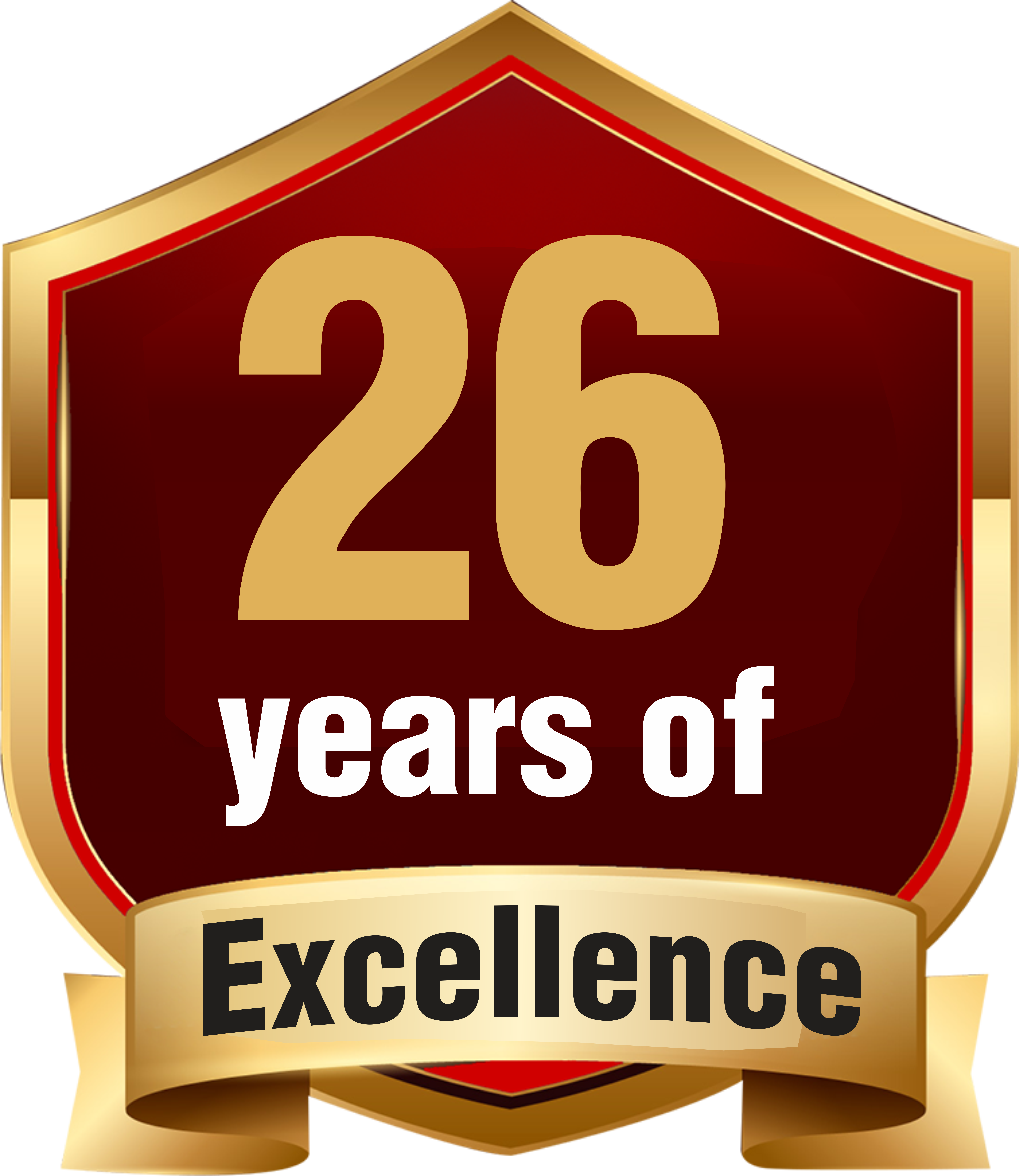
Approved By All India Council for Technical Education (AICTE) New Delhi
Affiliated To Dr. A.P.J. Abdul Kalam Technical University Lucknow


Approved By All India Council for Technical Education (AICTE) New Delhi
Affiliated To Dr. A.P.J. Abdul Kalam Technical University Lucknow

Encourage faculty to upgrade and enhance curriculum in alignment with emerging industry trends and new technologies.
Promote the use of innovative and ICT-enabled teaching-learning processes to create an engaging and interactive environment.
Organize workshops, training programs, and faculty development programs to enhance the competencies of faculty and staff.
Strengthen research culture by encouraging publications, patents, collaborative projects, and industrial partnerships.
Implement a robust feedback system from students, faculty, and other stakeholders to identify areas for improvement.
Strengthen career counselling, soft skills development, and personal development programs for students.
Promote environmental consciousness, ethics, and social responsibility within the college community.
Develop and implement quality benchmarks for academic and administrative activities.
Facilitate the creation of a learner-centric environment conducive to quality education and the adoption of new teaching methodologies.
Coordinate quality-related activities, including workshops, seminars, and discussions on quality improvement strategies.
Disseminate information on various quality parameters and best practices within the institution.
Conduct academic and administrative audits, review findings, and propose actions for improvement.
Act as a nodal agency for coordinating quality-related activities, including NAAC, NBA, and other accreditation processes.
Prepare the Annual Quality Assurance Report (AQAR) and ensure its timely submission to the relevant authorities.
Establish a feedback mechanism for students, faculty, alumni, and employers to assess the effectiveness of institutional practices.